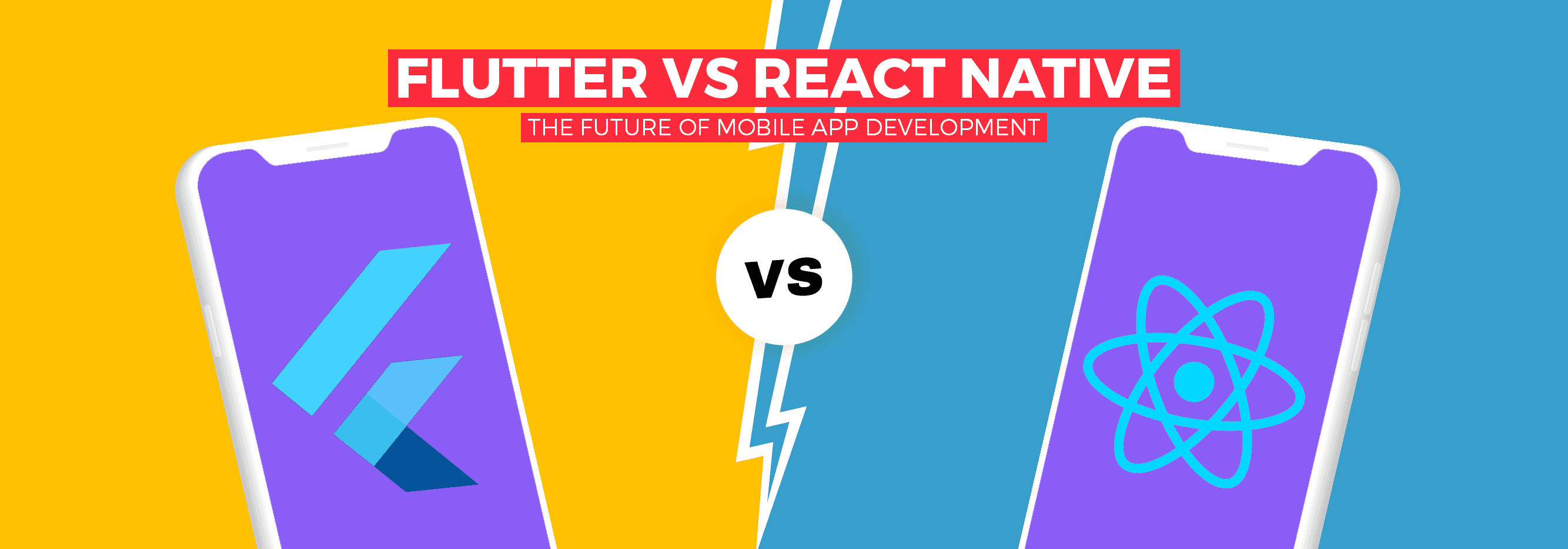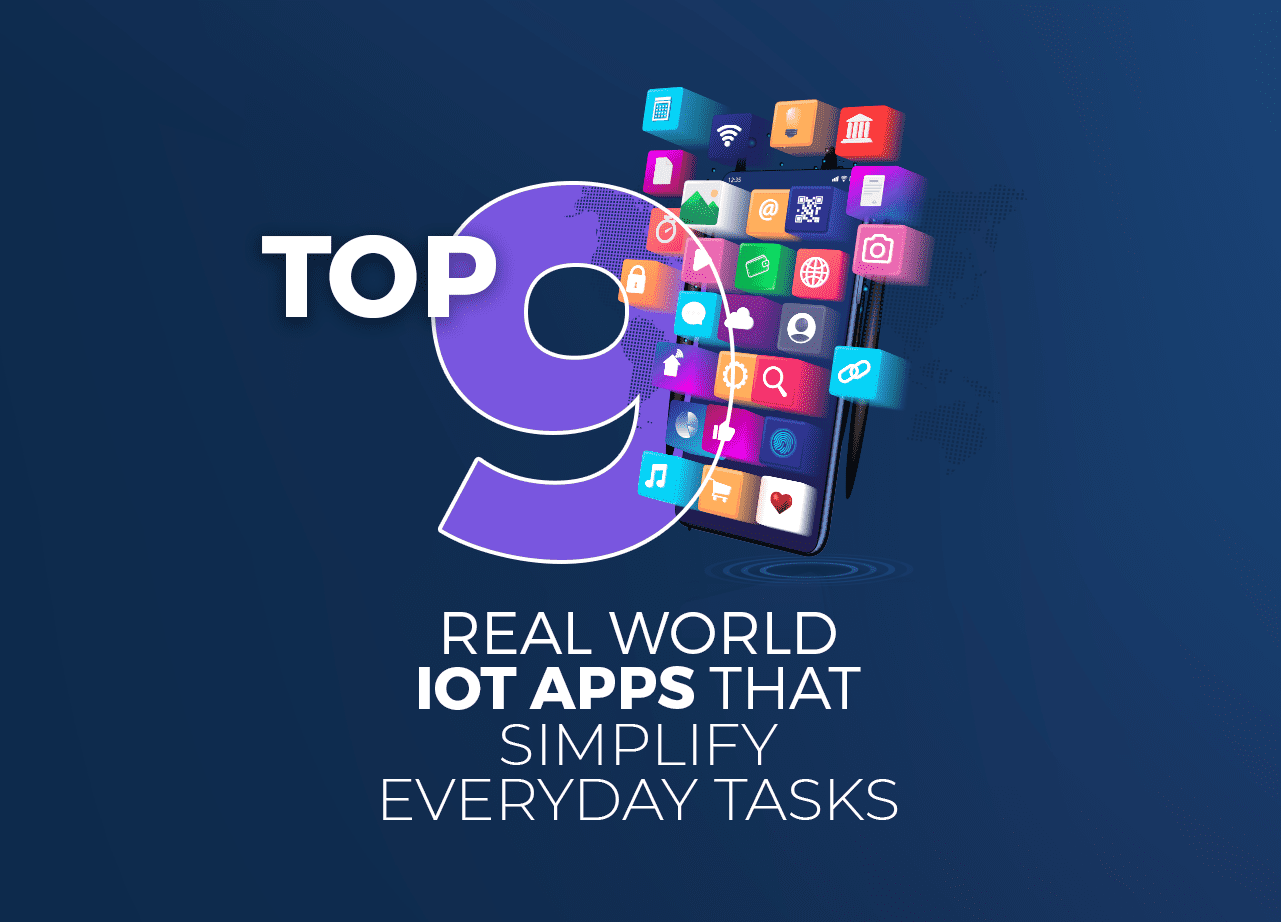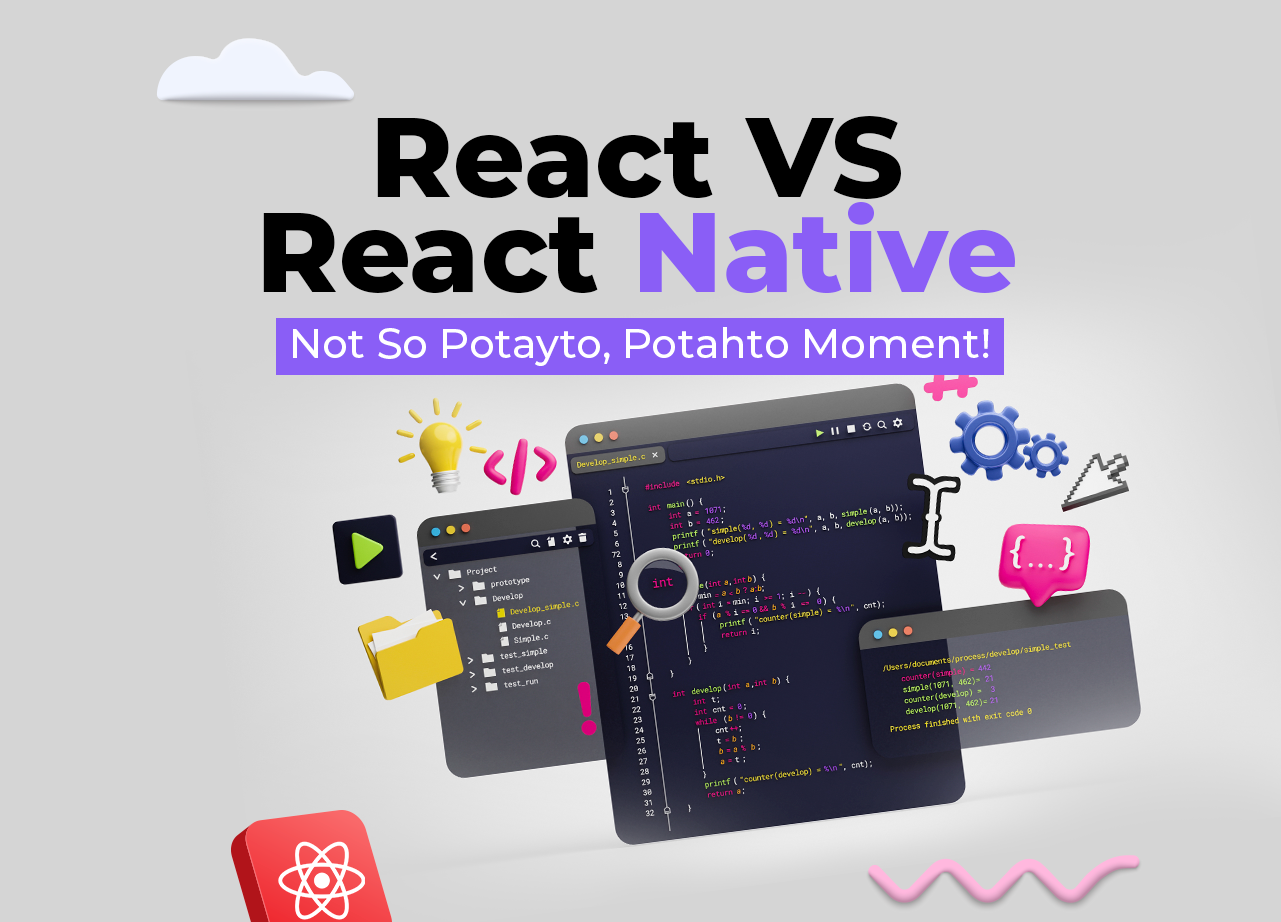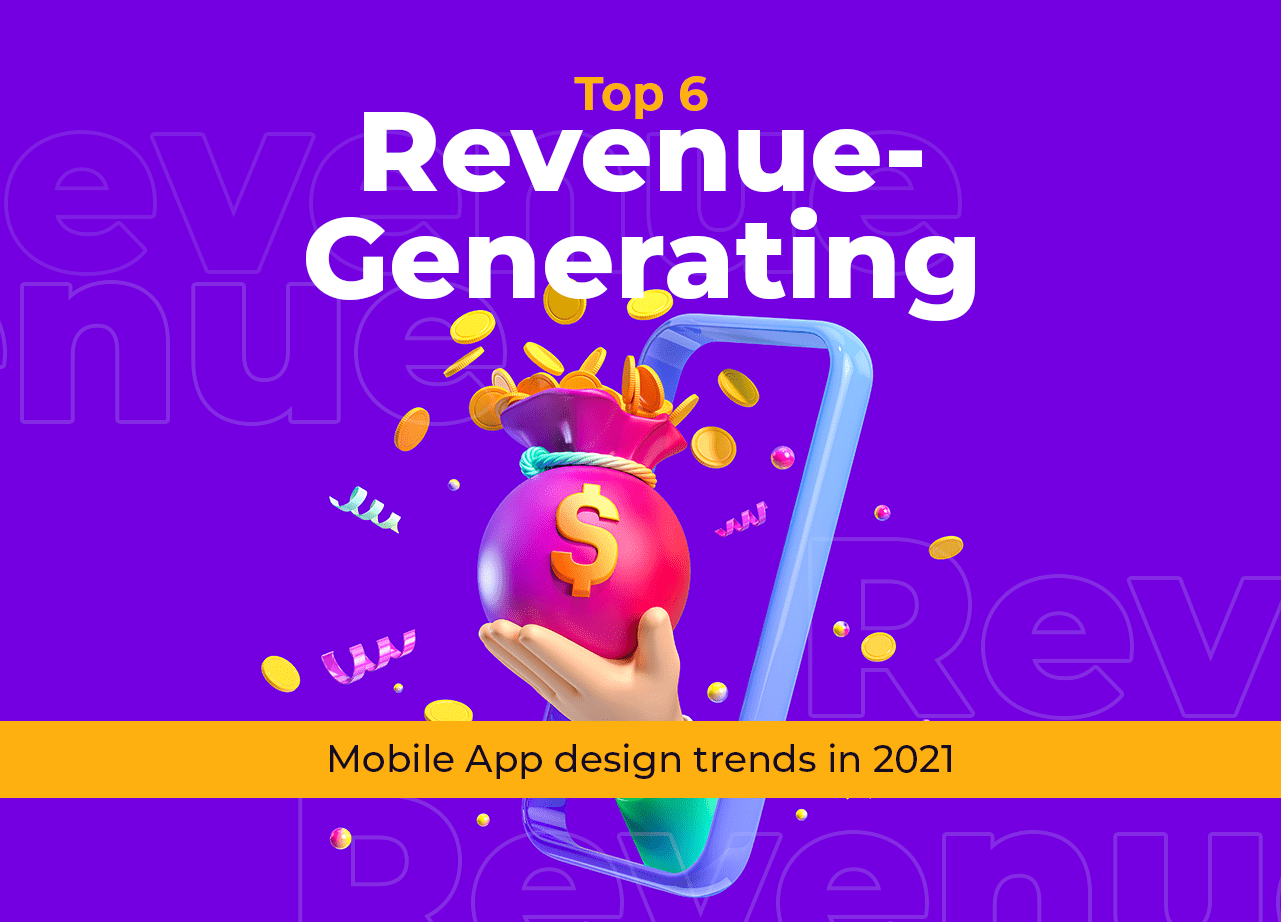Debates regarding the future of native mobile apps have flooded our feeds ever since the launch of these highly sought-after mobile application development platforms. A recent study showed that the number of mobile app downloads has skyrocketed from 140.7 billion apps in 2016 to 204 billion apps in 2020. With more than 3.80 billion people using social media at the beginning of this decade, the world is even more mobile-centric now and is going to be so in the future.
Mobile apps are expected to generate $189 billion in revenue by the end of this year. Making it clear that the future of native mobile application development is no longer a blur. When it comes to mobile app development, developers always prefer to go with cross-platform development.
Wonder why developers prefer cross-platform development platforms?
Because it makes their life easier! Cross-platform development platforms have many benefits compared to native development. Some of them are:
- Single technology stack: Having one technology stack provides a cost-efficient method to develop and maintain the code.
- Code Sharing: Reusable code enables its developer to write a single code base for Android and iOS, making it easy to handle both platforms simultaneously. Through this, consistency is achieved on all platforms, resulting in a coherent brand identity.
- Lower cost: Here’s something exciting for you! Using cross-platform instead of building on two separate platforms reduces the cost of building by 30%.
- Faster Development: Since there is no need for building separate codes, development becomes quicker by reusing the code.
A study found that more than 65% of developers around the world use React Native or Flutter. Indeed, both platforms, i.e. Flutter VS React Native, have a lot more to offer for your app and can help provide scalable solutions.
Who wouldn’t love these perks?!
Between React Native VS Flutter 2021, which one would be the right choice for your projects? Keep reading and we’ll help you sort it out.
As a leading mobile app development company, we are frequently asked questions like:
- Flutter VS React Native which is easy to learn?
- What is Flutter?
- Is Flutter the future of mobile development?
- Is React Native the future of mobile development?
- What are the benefits and drawbacks of React Native VS Flutter?
- What is the future of React Native?
- What is the future of Flutter VS React Native?
In this article, we’ll solve these queries and go into an in-depth analysis of React Native VS Flutter.
What is React Native?
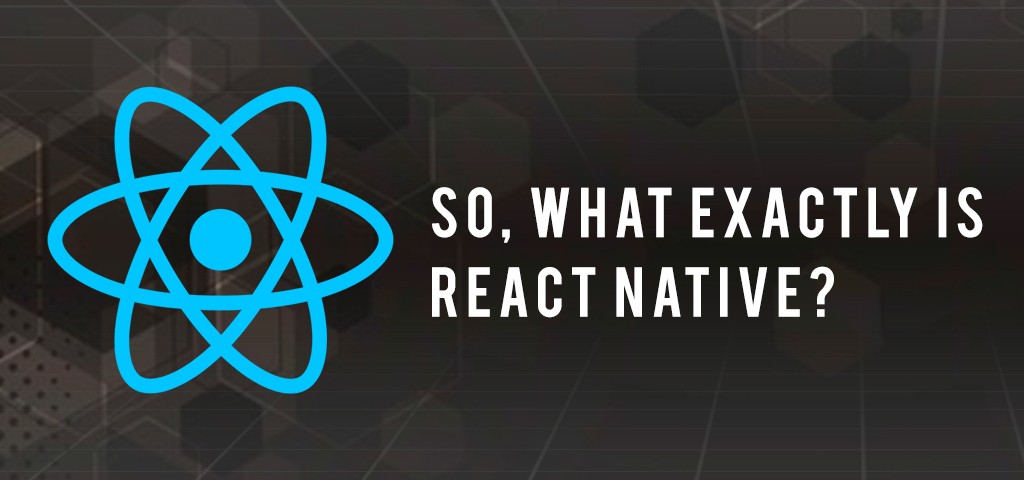
Before the introduction of React Native, cross-platform development was always a complex process. React Native stepped in the game, promising the perfect user experience while cutting costs. This development platform not only gained popularity amongst the cross-development platforms but also proved to be a great competition to other mobile application development platforms. Some might even say it was revolutionary in the way it changed the mobile app development world with a secure React Native future.
Let us see what caused React Native’s popularity to soar.
Advantages of React Native
Easy to learn: With the knowledge of web development and operations with the latest React Stack, one can easily work with React Native without acquiring new libraries.
- Strong Community: React Native has a gigantic community, resulting in countless tutorials, frames, blocks, and libraries, making it very easy to learn. This eventually results in building, developing, and designing a transparent application. React Native definitely is far-reaching compared to the future of Google Flutter.
- Hot Reload: Hot reload enables the application to run while newer versions of the files are being added. The development process is stimulated by recording the initial code inside the working application. This helps the state to retain itself, especially when the UI is being tweaked. This way, the programmer can identify the changes easily.
- One ecosystem: Being well-versed in JavaScript enables a programmer to develop a versatile application, utilizing its structure without digging deeper.
- Time-Saving: The hybrid structure of React Native ensures a smooth application. Faster loading time can be accounted to the solitary codebase.
Although React Native makes up 42% of the developer’s market, it does have some drawbacks like any other framework.
Disadvantages of React Native
Fewer Components: Even though React Native is a full-fledged framework, it does lack some functional components which limit the features of an app.
- Large App Size: Every app developed using React Native runs on JavaScript code. However, Android doesn’t have this functionality in-built. It needs to add a library that supports JavaScript. Due to this, apps tend to have higher memory storage requirements compared to native Android apps.
- Delicate User Interface: As React Native is built on native components, sometimes new updates can cause certain Native Component’s APIss to malfunction, which can corrupt the complete mechanism of the mobile app.
What is Flutter?

Putting it in simple terms, Flutter development services enable the creation of effortless applications through its layered framework, easy-to-use templates, visually attractive designs, and fast functions. Since its launch, the future of Flutter has shown a linear increase in future improvement. The number of Flutter applications being launched in app stores is increasing at a staggering rate.
Advantages of Flutter
One code for two applications: With inputs from Google, Flutter is a kickass operating system that comes with widget kits for tailoring UI design, making the developers independent. Differentiating designs for both iOS and Android becomes as simple as writing just one code base for two platforms.
Perfect UI: Your application can have the same fresh look even on an outdated version, all thanks to Flutter!
- Widget Tree: Flutter uses a technique known as Composition which builds the user interface, using small UI building blocks. There are two types of Widgets: Material design, compatible with Google’s design guidelines and Cupertino, parallel with Apple’s human interface guidelines.
- Pixel Rendering: Amazing-looking UIs can be created on both platforms by using just one codebase. Flutter manages every single pixel of the screen so that the widgets look the same (even on older versions and devices). Pixel rendering reduces issues with design support.
- Less Testing: Due to one codebase for both platforms, the quality assurance process becomes faster. The automatic tests are also to be written once. This saves a lot of time and effort as the quality assurance specialists have to test just one app.
Disadvantages of Flutter
- Heavy app size: Flutter apps are very large in size. People want apps to be compact, so they don’t have storage issues. This becomes the most concerning factor for developers to consider even before the coding can begin.
- Regular support not available: Flutter doesn’t support CI platforms like Travis. Developers have to build custom scripts to build, test, and deploy applications. Not only is this a time-consuming process, but it increases the time taken for updates to be rolled out.
- Platform Dependent: Flutter although is open-source, Google is the engine of this framework. Without Google’s help, Flutter cannot function. This makes the future of Flutter highly security risk-oriented.
Let’s make life easier, shall we?
Despite the similarities between React Native VS Flutter, each stands out on its own. Whether it is getting an MVP to show your investors or building an outstanding application for your brand, understanding these platforms will provide you with clarity for the future of Flutter VS React Native.
As a leading React Native app development company, Communication Crafts understand your needs for building a native application, and as a pioneering Flutter development company, we understand your needs for creating a new age application. Our team of experts React Native developers, iOS developers, Android developers, UX/UI designers, and QA engineers cater to your app development needs specifically. With the latest Mobile App monitoring systems, our app developers not only gather in-depth analytics of your mobile app’s performance after it is launched but also help roll out timely updates to make your app’s performance even better. With the best mobile app developers working in our development team, every line of code we write for your mobile app is quality assured. Developing the best mobile app features that provide great customer experience is our forte!
React Native VS Flutter, you demand, we deliver!
We build apps people want to use.
Hire us and get your mobile app to flourish!
 Blog Communication Crafts
Blog Communication Crafts